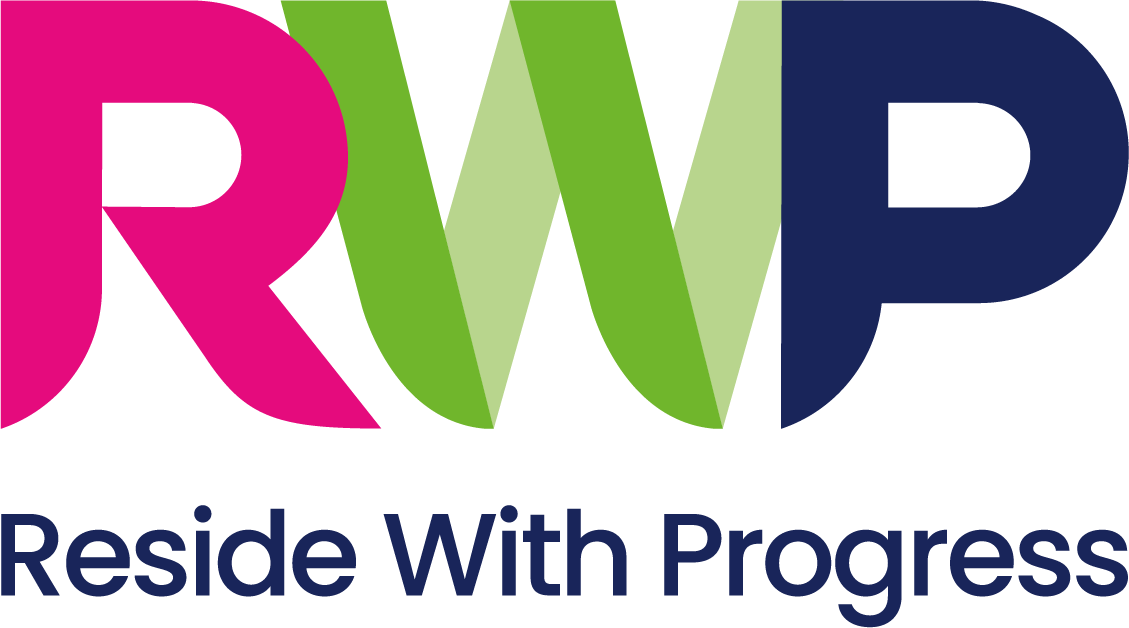It is important that empty properties are re-let as soon as possible. When a vacancy occurs, we will contact the relevant service commissioner or care provider to nominate a suitable applicant.
During this period the housing officer will contact you on a regular basis for updates on any suitable applicants that may be interested in the property.
Housing application forms must be completed for the nominated person. We want to make sure the home is the right match for the right person. We will work with you to assess how suitable the property and person is and ensure all parties understand the reason for any refusals which is always the last option for us.
When arranging for the tenant to sign their new tenancy agreement, a date will be set for as soon as possible after the last person leaves. However, this will depend on the interest for the property.
Tenant moving in
When a tenant moves into their new home, the dedicated housing officer will talk through the tenancy agreement with them and the support staff. They will also ensure that the tenant knows how to access the tenant handbook. Click here to read the handbook.
We will need personal information about the tenant such as banking details, GP, dentist, and a contact for a support officer at the local authority.
We will want to check that the tenant’s personal possessions are insured.
Tenant Moving In - common questions
